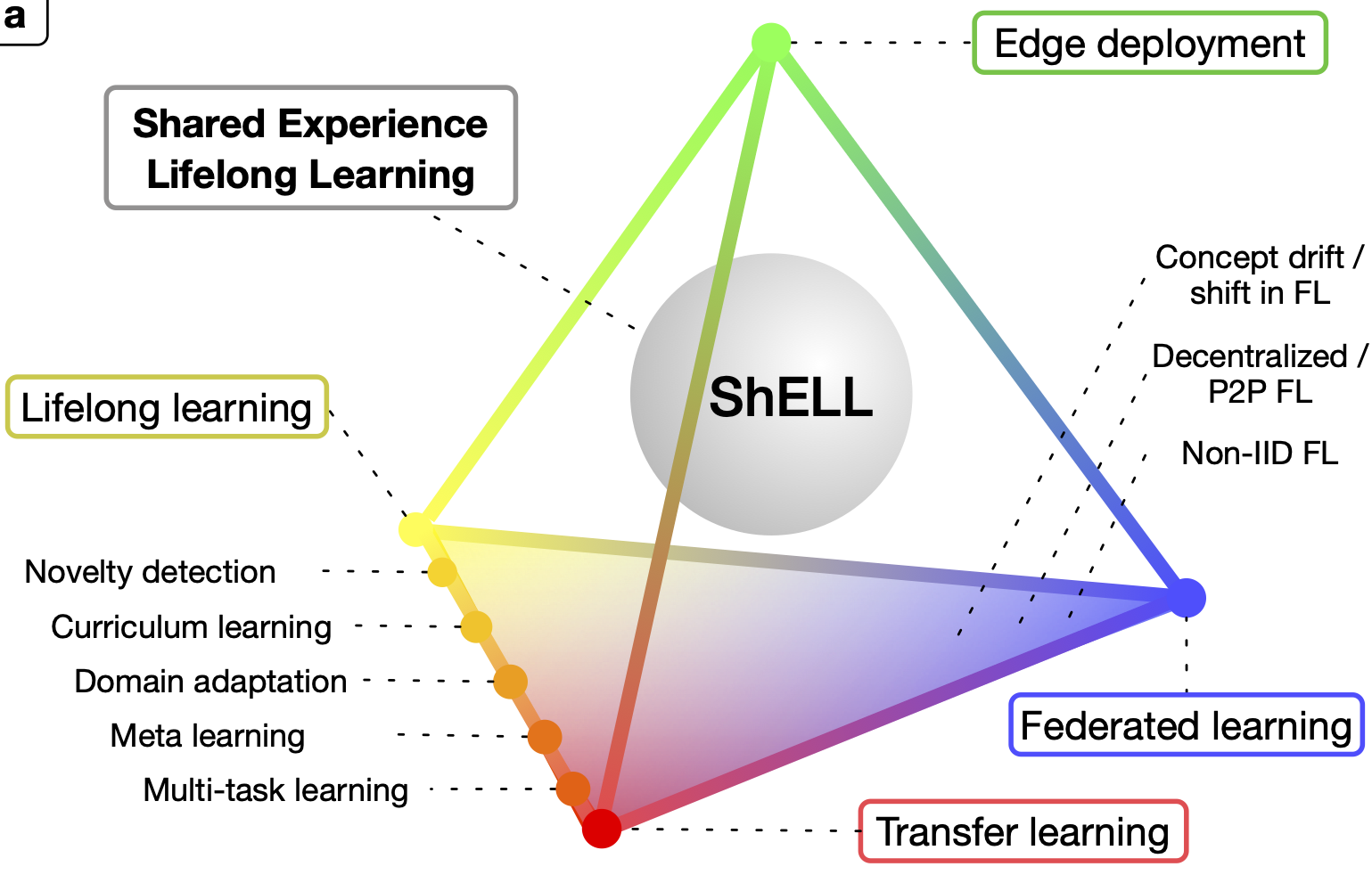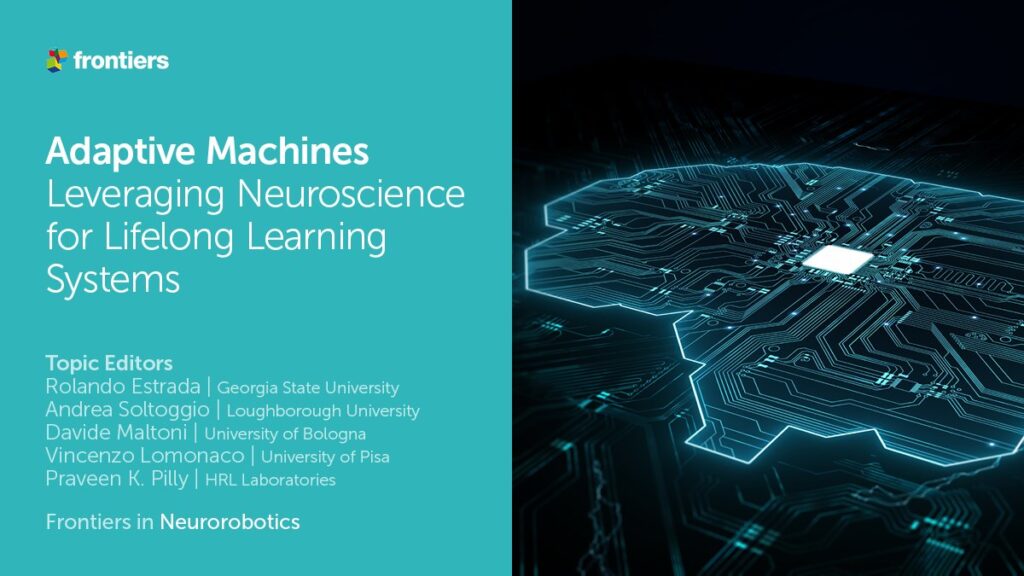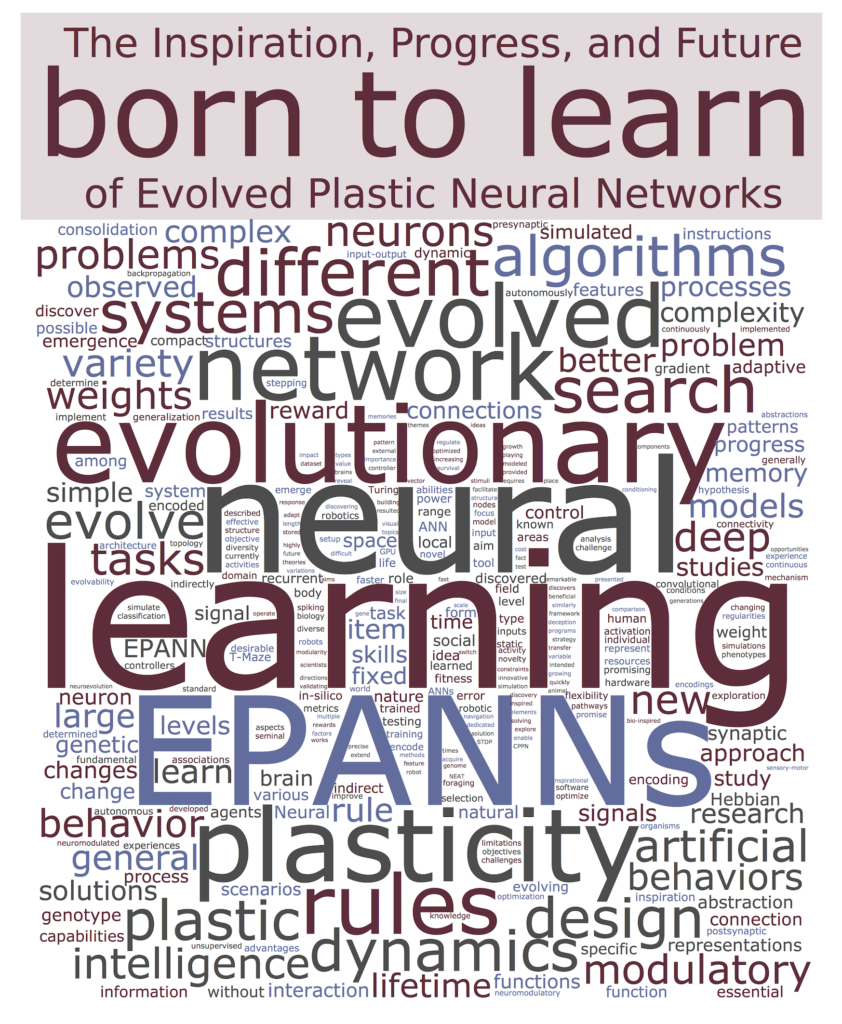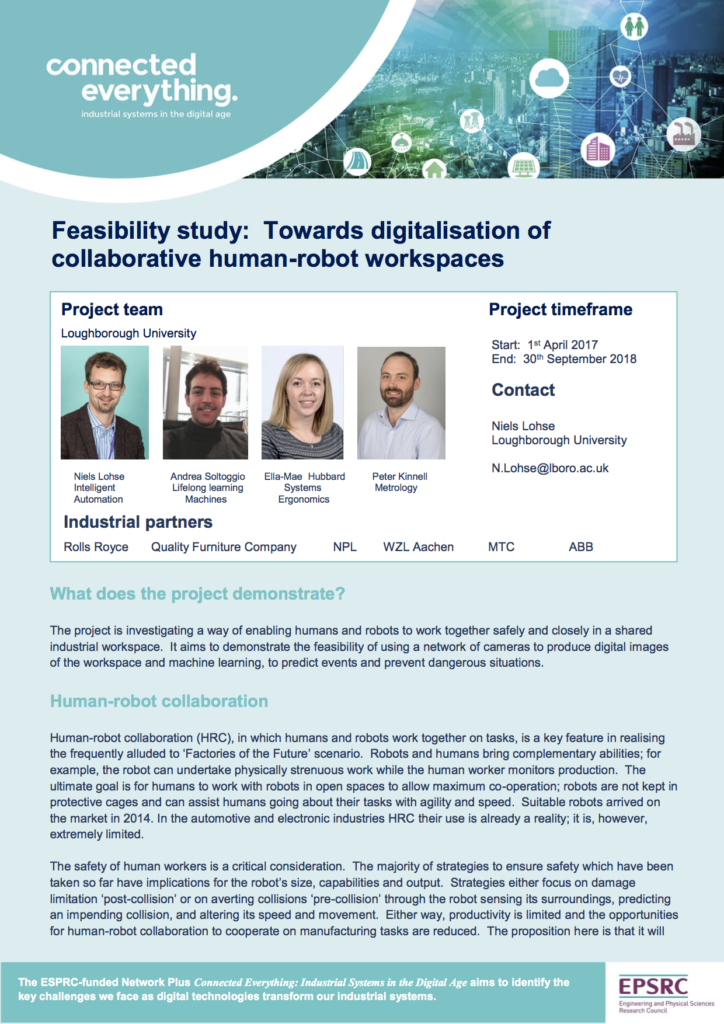The paper introduces MOSAIC, a new algorithm for collaborative learning among autonomous, agentic AI systems that operate in decentralized, dynamic environments. These agents selectively share and reuse modular knowledge (in the form of neural network masks) without requiring synchronization or centralized control.
Key innovations include:
- Task similarity via Wasserstein embeddings and cosine similarity to guide knowledge retrieval.
- Performance-based heuristics to decide what, when, and from whom to learn.
- Modular composition of knowledge to build better policies.
Experiments show that MOSAIC outperforms isolated learners in speed and performance, sometimes solving tasks that isolated agents cannot. Over time, a form of emergent self-organization occurs between agents, resulting from the discovered hierarchies in the curriculum, where simpler tasks support harder ones, enhancing the collective’s efficiency and adaptability.
Overall, MOSAIC demonstrates that selective, autonomous collaboration can produce a collective intelligence that exceeds the sum of its parts.
The paper: https://arxiv.org/abs/2506.05577
The code: https://github.com/DMIU-ShELL/MOSAIC
Abstract:
Agentic AI has gained significant interest as a research paradigm focused on autonomy, self-directed learning, and long-term reliability of decision making. Real-world agentic systems operate in decentralized settings on a large set of tasks or data distributions with constraints such as limited bandwidth, asynchronous execution, and the absence of a centralized model or even common objectives. We posit that exploiting previously learned skills, task similarities, and communication capabilities in a collective of agentic AI are challenging but essential elements to enabling scalability, open-endedness, and beneficial collaborative learning dynamics. In this paper, we introduce Modular Sharing and Composition in Collective Learning (MOSAIC), an agentic algorithm that allows multiple agents to independently solve different tasks while also identifying, sharing, and reusing useful machine-learned knowledge, without coordination, synchronization, or centralized control. MOSAIC combines three mechanisms: (1) modular policy composition via neural network masks, (2) cosine similarity estimation using Wasserstein embeddings for knowledge selection, and (3) asynchronous communication and policy integration. Results on a set of RL benchmarks show that MOSAIC has a greater sample efficiency than isolated learners, i.e., it learns significantly faster, and in some cases, finds solutions to tasks that cannot be solved by isolated learners. The collaborative learning and sharing dynamics are also observed to result in the emergence of ideal curricula of tasks, from easy to hard. These findings support the case for collaborative learning in agentic systems to achieve better and continuously evolving performance both at the individual and collective levels.




